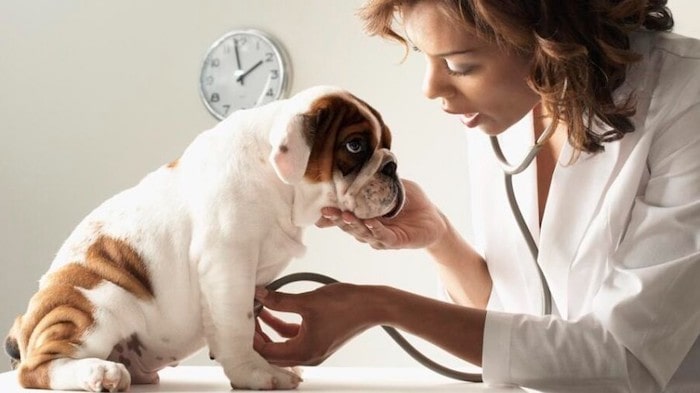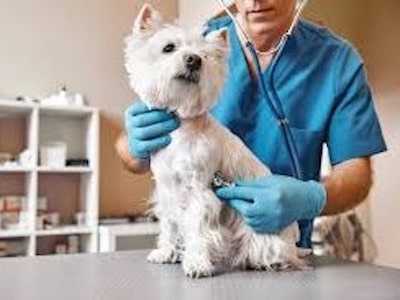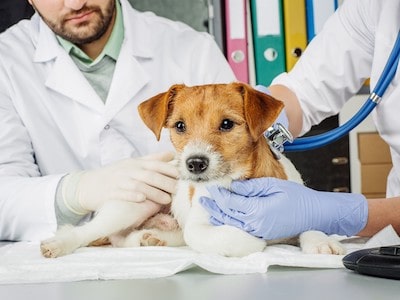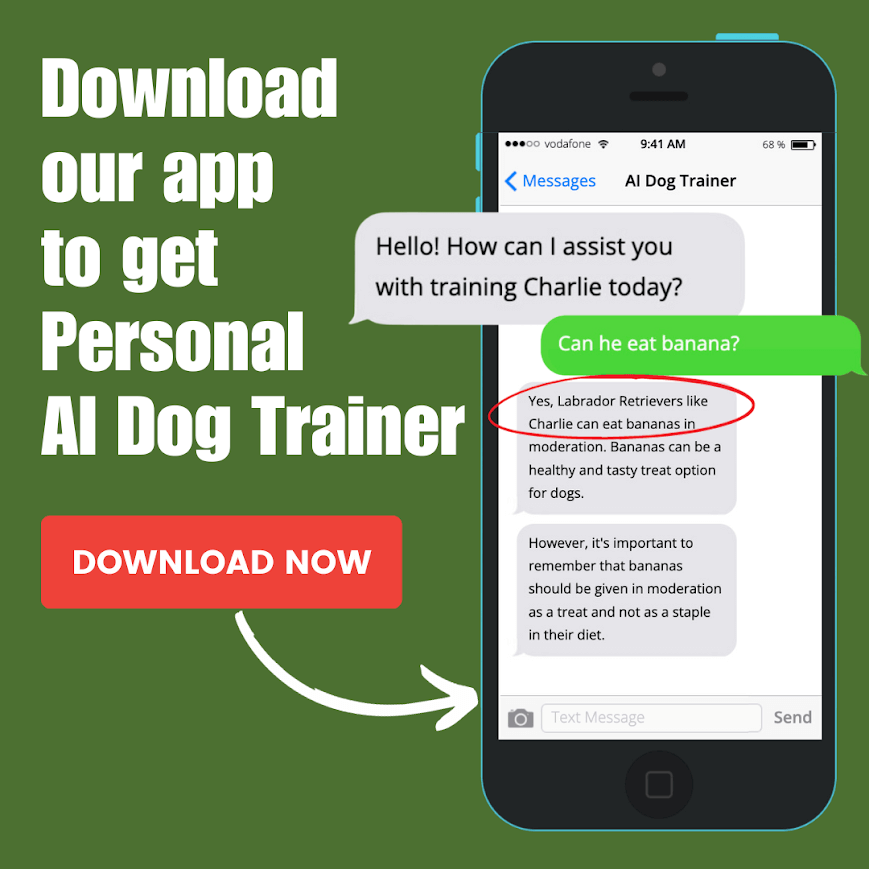As dog owners, our priority is to keep our furry friends safe and healthy. However, there is currently a rising concern among veterinarians about the increasing incidence of a deadly virus that poses a significant threat to dogs, parvovirus.
In this blog article, we will delve into the alarming rise in parvovirus cases and the urgent warning issued by veterinarians. Understanding the risks associated with this highly contagious and potentially fatal virus is crucial for every dog owner.
By staying informed and taking appropriate measures, we can protect our beloved pets from the devastating effects of parvovirus. So, let’s explore the current situation and learn how we can safeguard our dogs against this alarming trend.
Table of Contents
What is Parvo?
Parvovirus is a highly contagious virus that mainly affects a dog’s small intestines, but in young puppies, it can also affect the heart.
The virus attacks the lining of the intestines, making it hard for the dog to absorb nutrients and allowing bacteria to enter the bloodstream. Parvovirus can also suppress the dog’s immune system, making them more vulnerable to other infections.

Parvovirus is species-specific, meaning that humans cannot get it from dogs, and dogs cannot get it from humans. However, it can spread easily from dog to dog through contact with contaminated feces or surfaces.
Parvovirus can survive for a long time in the environment, up to a year in soil and a month indoors. This means that any place where an infected dog has been can pose a risk for other dogs.
Symptoms of Parvovirus
The symptoms of parvovirus usually appear within three to seven days after exposure. The most common signs are:
- Lethargy or tiredness
- Loss of appetite
- Fever
- Vomiting
- Diarrhea (often bloody)
- Dehydration
These symptoms can also be caused by other conditions, so it is important to consult a veterinarian if you notice any of them in your dog. Parvovirus can be diagnosed by a blood test or a fecal test. If left untreated, parvovirus can be fatal within a week.
How is Parvovirus Treated
There is no specific treatment for parvovirus, as it is a viral infection. The main goal of treatment is to support the dog’s body while it fights off the virus. Treatment may include:

- Intravenous fluids (IV) to prevent dehydration and shock
- Antibiotics to prevent secondary bacterial infections
- Anti-nausea medications to reduce vomiting
- Painkillers to ease discomfort
- Nutritional supplements to boost the immune system
Treatment for parvovirus can be expensive, up to $2,000 depending on the severity of the case and the duration of hospitalization. It can also be stressful for both the dog and the owner. Therefore, prevention is always better than cure.
How to Prevent Parvovirus?
The best way to prevent parvovirus is to vaccinate your dog. Puppies should receive their first vaccine at six weeks of age, followed by three more doses every three weeks until they are 16 weeks old. Adult dogs should receive a booster vaccine every year or as recommended by their veterinarian.

Vaccines are safe and effective, but they are not 100% foolproof. Some dogs may not develop full immunity after vaccination, or they may lose it over time. Therefore, it is also important to practice good hygiene and avoid exposing your dog to potential sources of infection. Some tips are:
- Keep your puppy indoors until they complete their vaccination series
- Avoid taking your dog to public places where other dogs may have been, such as parks, pet stores, groomers, or kennels
- Pick up your dog’s feces and dispose of them properly
- Clean and disinfect any surfaces or objects that may have been contaminated by an infected dog
- Wash your hands before and after handling your dog or their belongings
- Isolate your dog if they show any signs of illness and contact your veterinarian immediately
Parvovirus is a serious threat to dogs’ health and well-being. By vaccinating your dog and following these precautions, you can help protect them from this deadly disease.
Conclusion
Parvo is a dangerous disease that can affect any dog, but especially young or unvaccinated ones. It can cause severe symptoms such as diarrhea, vomiting, dehydration, and lethargy, and can be fatal if left untreated. The best way to prevent parvo is to vaccinate your dog and practice good hygiene.
If your dog shows any signs of parvo, you should take them to the vet immediately for diagnosis and supportive care. With early intervention and proper care, most dogs can recover from parvo and live a healthy life.


